US Open: Andy Murray suffers from post-Wimbledon comedown
- Published
- comments
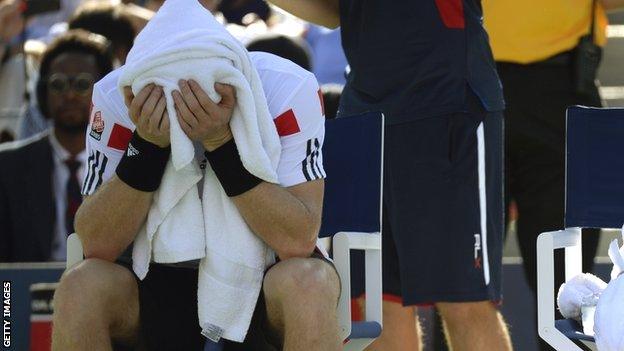
Andy Murray
Success can have a sting in the tail, and in Andy Murray's case it is the surprise provoked by a Grand Slam quarter-final defeat.
Before Stanislas Wawrinka's breathtaking straight-sets victory in the last eight of the US Open, the Scot had reached at least the semi-finals in nine of his previous 10 majors, equalling Fred Perry's overall British record of 13 in so doing.
Yet here at Flushing Meadows, Murray's serve lacked some pop and his groundstrokes were not laced with their customary attacking intent.
The intense humidity and the wind seemed to bother him more than they otherwise might, and he became increasingly fractious as he strove, in vain, to attain the high standards he sets himself.
He even wrote off his racquet after losing the first set to Wawrinka, in a flash of anger rarely seen since he began working with coach Ivan Lendl nearly two years ago.
The Swiss produced a golden performance - full of rasping baseline winners and devastatingly good volleys - but Murray still made too many unforced and uncharacteristic errors, and threw in a few double faults at critical times.
Two months ago, he recovered from two sets to love down to beat Fernando Verdasco in the Wimbledon quarter-final, but he wasn't playing with the same belief here in New York.
And Murray was honest enough to admit, as he left the court and headed directly to the interview room, that winning Olympic gold, the US Open and Wimbledon within a 12-month period had taken its toll.
"When you work hard for something for a lot of years," he said, "it's going to take a bit of time to really fire yourself up and get yourself training, you know, 110%.
US Open 2013: Andy Murray reflects on Stanislas Wawrinka loss
"Physically, I played some extremely tough matches in that period. Mentally, as well, it was very challenging for me... the last few games of Wimbledon to you guys may not seem like much, but to me it was extremely challenging."
The 1987 Wimbledon champion Pat Cash warned before this event that it would be very difficult for Murray to climb another peak so soon after winning at SW19.
And Boris Becker - who did manage to win both Wimbledon and the US Open in 1989 - told BBC Sport just how tough it is to win back to back Grand Slams.
"If it was so easy, you would do it every week. He's certainly had a few very emotional highs over the past 18 months, and it's not easy to digest that, and to come to terms with that and find new motivation and inspiration, and that's what coming across. He's doing everything he's supposed to do but the extra 10% is missing."
Becker thinks Murray should now set himself new goals, so that he has new reasons to work harder. He suggests targeting victory in the Australian Open, trying to become the world number one, and attempting to win the World Tour Finals for the first time.
Murray pours his heart and soul into every Grand Slam, and it has reaped handsome dividends, so he's unlikely to change tack too much - even if his results in the Masters Series events are surprisingly erratic for a player of such outstanding ability.
I am confident that Murray will have rediscovered his vim and vigour in time for January's Australian Open, where he should once again feel he is at least the equal of every other player in the draw.
But there are signs that winning Grand Slams are about to become even tougher.
The semi-finals used to be the almost exclusive preserve of Federer, Nadal, Djokovic and Murray (with David Ferrer as a very hard working understudy), but this year Jo-Wilfried Tsonga, Juan Martin del Potro, Jerzy Janowicz, Richard Gasquet and now Stan Wawrinka have all reached the last four.
And as they grow in confidence, so too will the threat they pose.
- Published6 September 2013
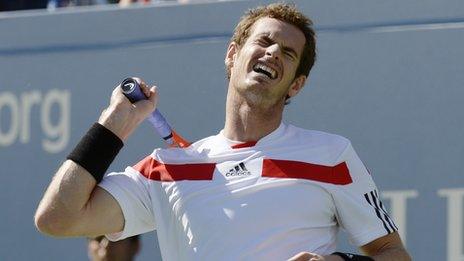
- Published5 September 2013
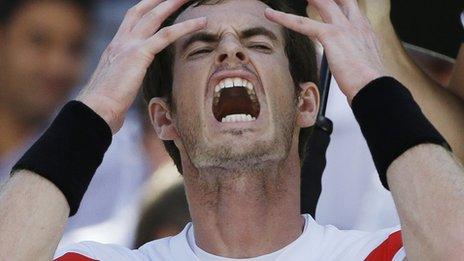
- Published4 September 2013
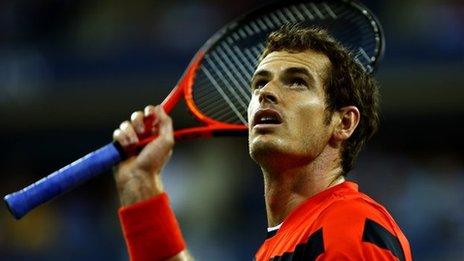
- Published2 September 2013
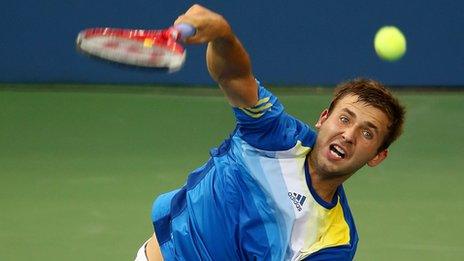
- Published3 September 2013
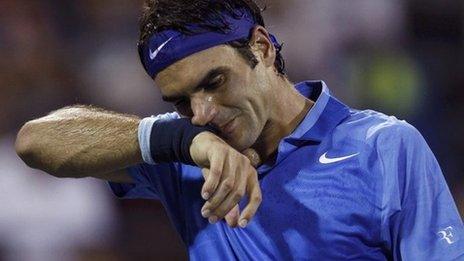
- Published9 November 2016
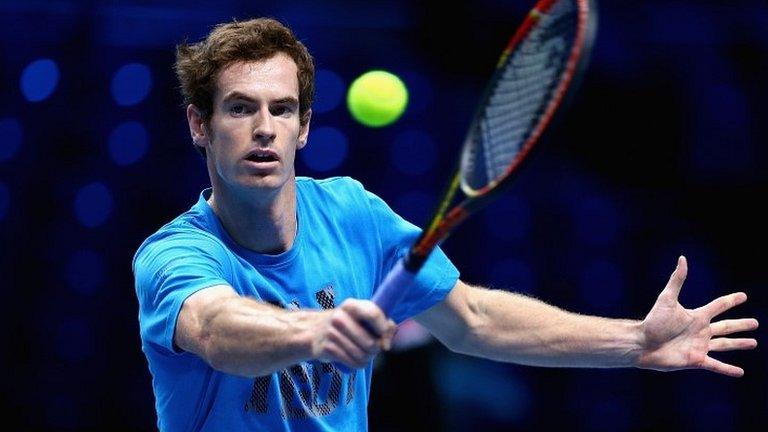
- Published30 May 2013
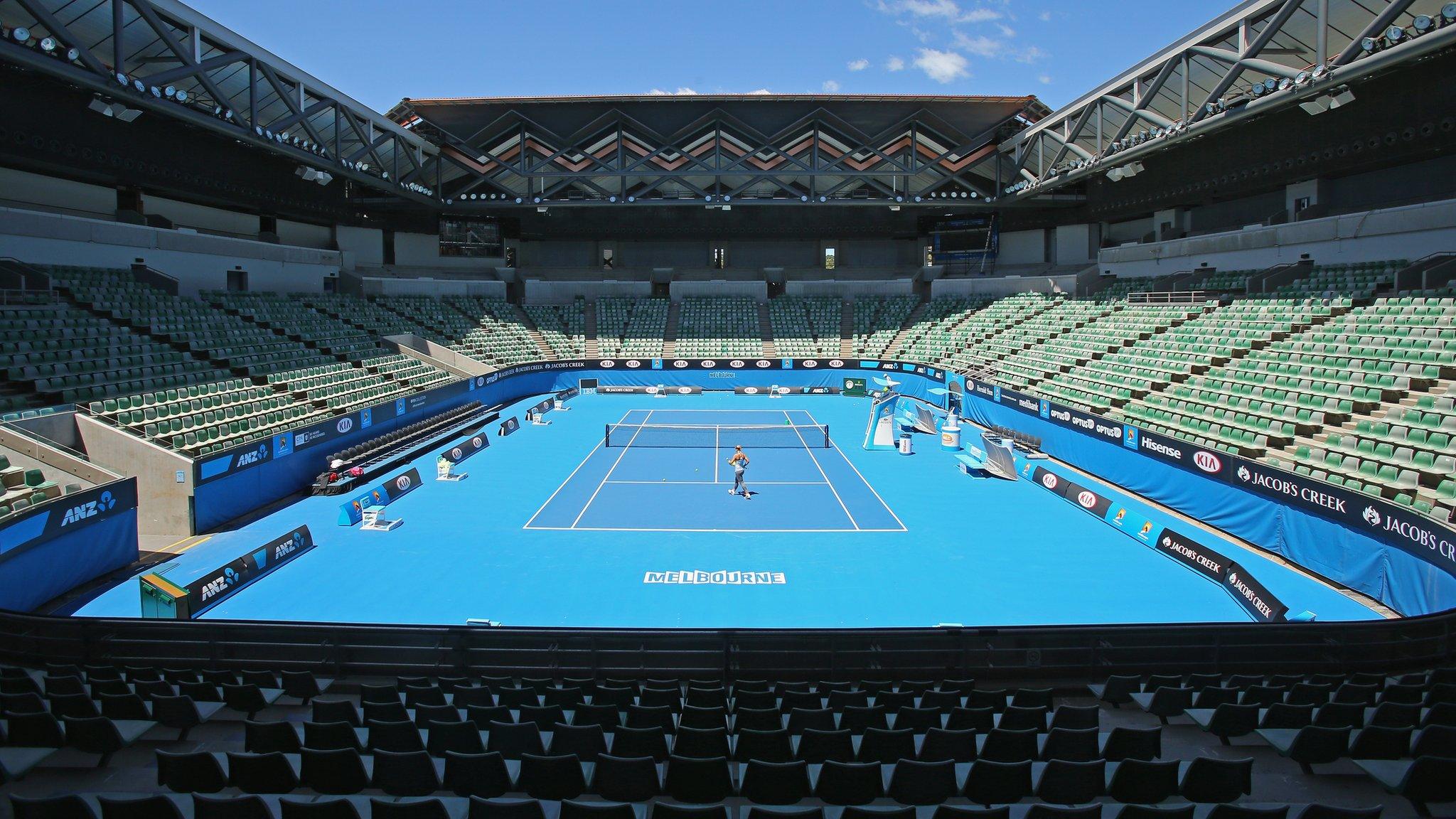
- Published30 May 2013